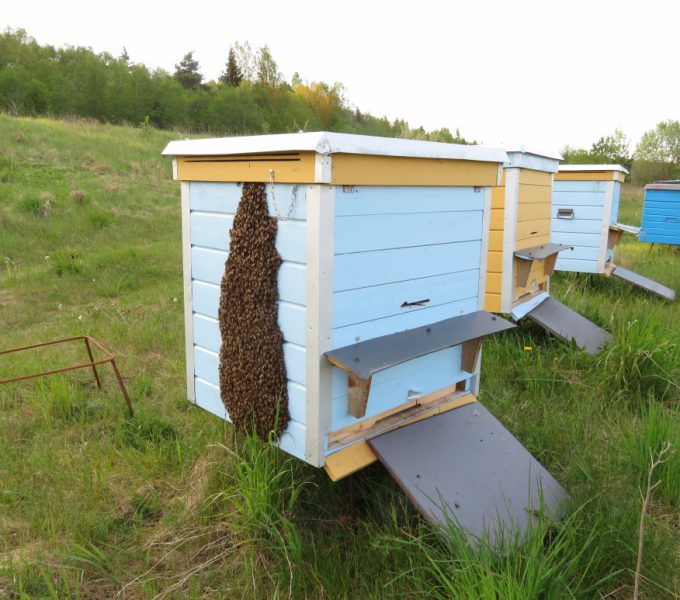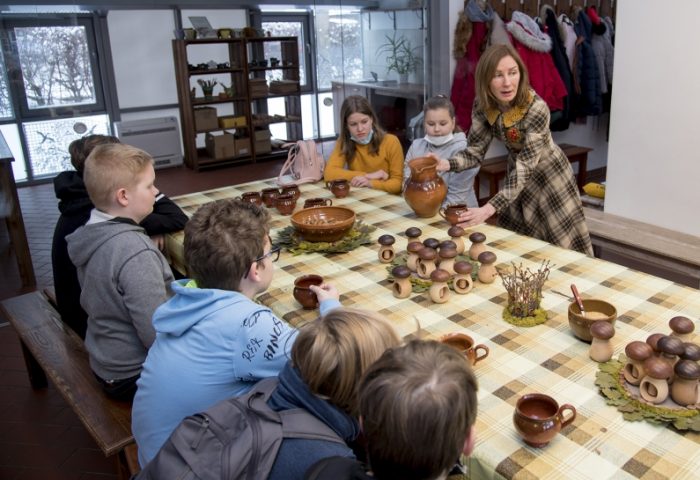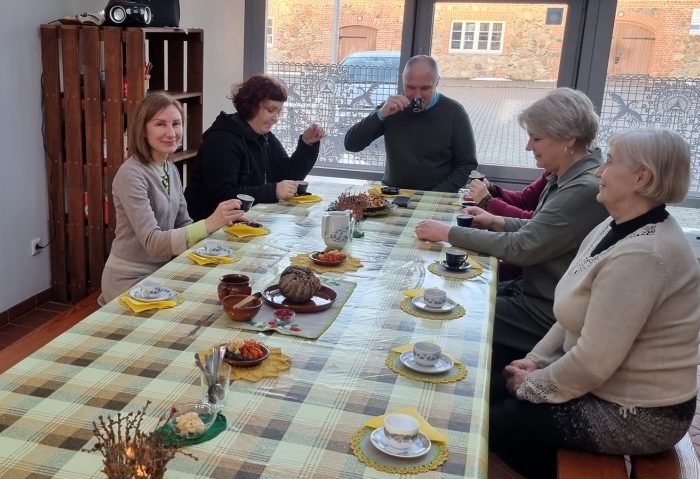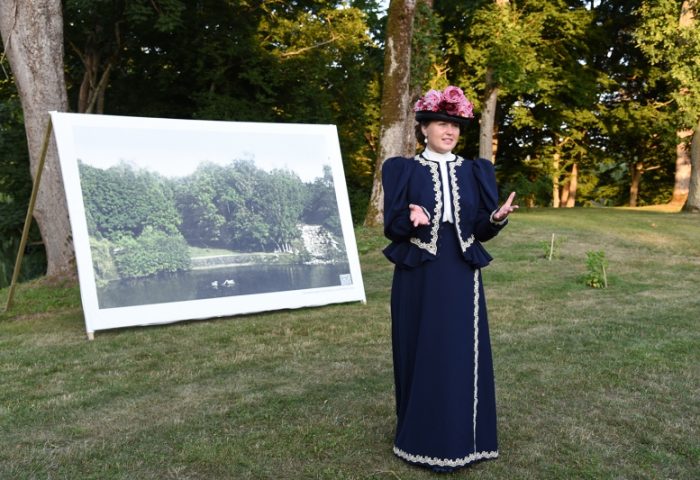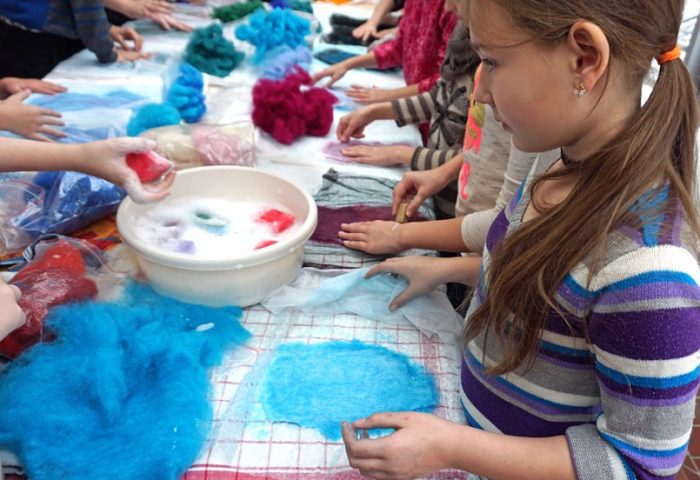Education
Educational classes with a beekeeper for children and adults
EDUCATIONS ABOUT BEES AND BEE PRODUCTS
Old riddles:
A ball at the fence with the heart at the centre (Stovi rutulys patvory, turi širdį vidury).
Duplex riddle: a fair at the end of the stomach (Mįslė dvigyslė – pilvo gale jomarkas).
A nice bull, wooden legs, bugs eating the stomach (Gražus jautukas, medinės kojos, vabalai pilvą ėda).
________________________________________
Educational classes are for adults and children.
Educator: Dr. Jonas Abromas 861181916 j.abromas@gmail.com.
The educator may appear at your place, brings all equipment and video material
DURATION: 1.5-2 hours
NUMBER OF PARTICIPANTS: 7-20 persons.
PRICE PER PERSON: EUR 6.
TOPICS:
Development and importance of apiculture, bee products, tasting of bee products
Start of beekeeping in the world and Lithuania.
Old types of hives in Lithuania: resin, vertical, stump hives. Old honey extraction (spinning) methods.
Frame beekeeping. Bee farm of Lithuania during the period between the two world wars.
Beekeeping during the Soviet times.
Beekeeping today, interesting changes, diversity. Meaning of bees in folk customs.
Bee wax, propolis, bread, royal jelly and other products. Their benefits to human organism.
Honey, types of honey, benefit, honeydew honey. Differentiation of the types of honey by tasting. Tasting of different bee products. Herbal tea.
Candle making, bee products, tasting of bee products.
Importance of wax in antiquity and today.
Discussion of the origin of the wax.
Demonstration of candle production by wax plate spinning, moulding, soaking methods. Candle making according to the available moulds.
The participants will be able to make candles of the desired shape. Additional payment only for wax.
Honey and other bee products, tasting of bee products.
Honey spinning and tasking of bee products (in summer and autumn)
Demonstration of honey uncapping, work together.
Uncaped honey combs with honey are spinned by a honey extractor. The participants will watch everything and work together. Chewable uncapping covers with honey.
The honey spinning methods used in ancient times are also introduced and demonstrated.
Fresh honey, honey with cheese, cucumbers is tasted.
Acquaintance with other bee products, tasting of bee products.
Presentation of beekeeping (to children)
Importance of bees to the world and us.
Clothing and tools of the beekeeper.
Honey extraction in antiquity and today.
Tasting of different bee products, educational games.
________________________________________________________________________________________________________
Allergies to honey. Prof. Benjaminas Vasiliauskas states that all food products which can sensitise the organism are roughly classified into 11 groups. The majority of people are sensitive to cow milk and its products, the smallest number of people are sensitive to onions, different seasoning, mushrooms, coffee, cacao, tea. According to the afore-mentioned classification of food products, honey is in the eighth place. Thus, honey rarely causes allergies. According to the allergic people monitoring data, as a rule, allergy to honey developes if other reasons for the caused allergy already exist. Heather honey more often causes allergic reactions and no allergy to lime honey has been noticed.
